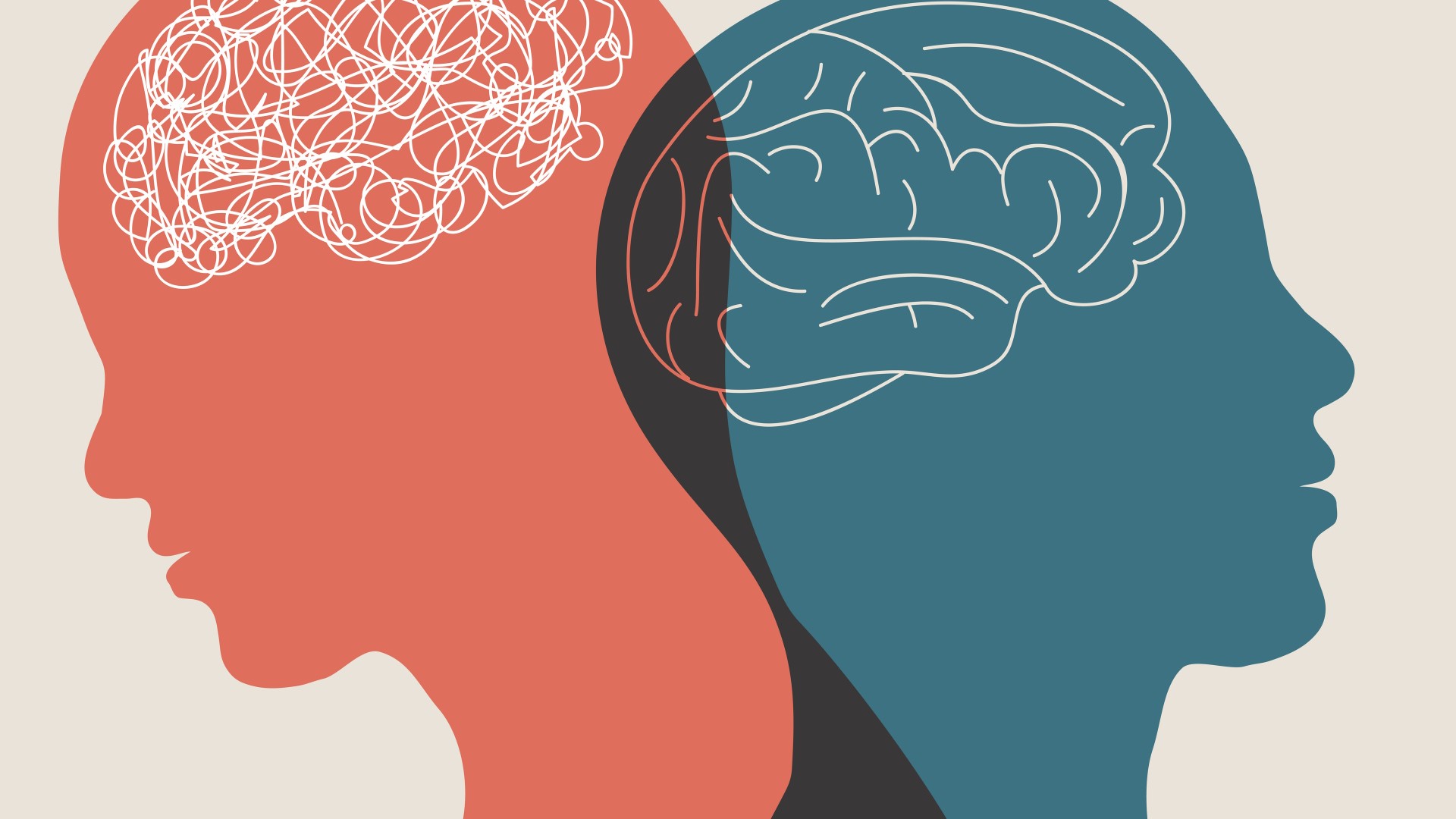DES MOINES, Iowa — New findings coming out of the Centers for Disease Control and Prevention are revealing some striking trends about youth mental health across the country.
The recent Youth Risk Behavior Survey found that more and more teenagers are experiencing depression or have been suicidal. Some of the highest rates were actually found among teen girls.
The CDC found 57% of teen girls in the United States reported persistent feelings of sadness, compared to 29% of boys. But that number for girls has increased dramatically in recent years; it was only 36% in 2011.
"We see young girls being impacted even more than boys. In Iowa, it's 27% of all middle school and high school girls in the state that have considered suicide in the last 12 months," said Andrew Allen, President & CEO of YSS, which provides mental health counseling to youth in Iowa.
Another community that's been hit especially hard according to the CDC: the study found that 45% of youth who identify as LGBTQ seriously considered attempting suicide in the past year. That's three times the rate among heterosexual youth, which is 15%.
CDC officials say reversing that trend will take some cooperation.
"Many different things contributed to these changes, and so that's why it's so important that we have to focus on how to prevent it at the family, the school, and the community level. We need a comprehensive approach," said Dr. Deb Houry, Chief Medical Officer of the CDC.
Advocates say the best way to start that approach is to start early. According to the World Health Organization, when mental health issues among teens go unaddressed, they continue to have a negative effect on them into adulthood.
"It's important to get kids connected as early as possible. The soonest that you can identify a potential mental health need, it's important to reach out to a professional, reach out to a clinician and ask for help," Allen said.
If you or someone you know is struggling with their mental health, you can contact the National Suicide & Crisis Line at 988.

